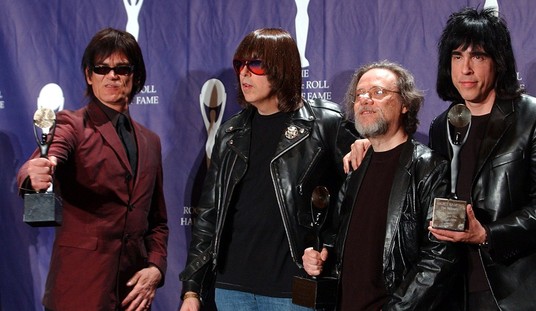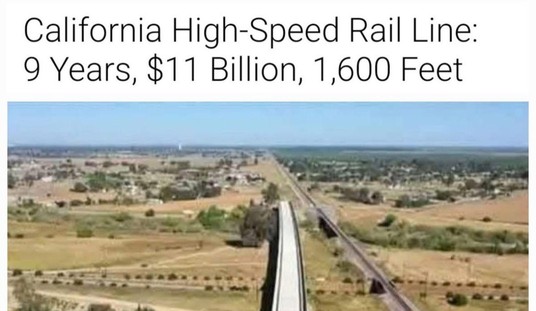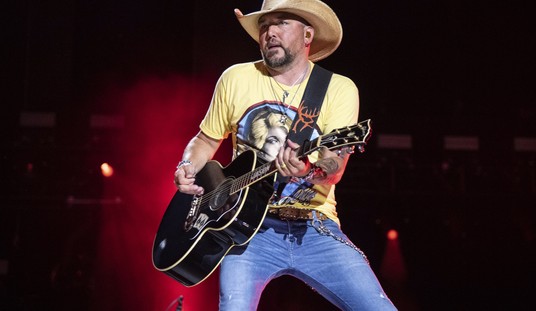I’ll confess that I didn’t see this one coming. Much of the cable news programming currently blasting across our screens these days is celebrating the arrival of the first COVID vaccines approved for general distribution. People lining up to be the first in their state to receive it are hailed in the press like rock stars. But out in Southern California, there’s one group of people who are choosing to either delay taking the shot or simply declining entirely. Those are the nurses. CBS Los Angeles is reporting that a recent survey conducted by the UCLS Fielding School of Public Health reports that a full two-thirds of the nurses surveyed either said no or at least… not yet.
A number of local healthcare workers have reservations about the COVID-19 vaccine authorized for emergency use, according to a new survey from the UCLA Fielding School of Public Health.
“Two-thirds of the health workers that we surveyed wished to delay vaccination or not get vaccinated,” Dr. Anne Rimoin, the senior author of the study, said Monday.
She said the survey collected data from about 600 workers between mid-September and the end of October.
At least out where I live, healthcare workers are among the first being vaccinated, which kind of makes sense since so many of them are dealing with COVID patients on a daily basis. And at least based on the information being spread around by the media, you would think that these educated individuals would put the most faith in the system that developed and tested these vaccines, right? So what gives with the nurses in California?
A representative for the union covering these nurses was quick to point out that their members are not “anti-vaxxers.” 90% of them reportedly get the flu vaccine every year. Their hesitation is specific to this particular vaccine. The UCLS study concluded that most of the respondents who either refused the vaccine or wanted to wait were concerned that the process was rushed through Operation Warp Speed. With that in mind, they didn’t have the same faith in it as they do with the flu vaccine.
As the CBS analysis notes, this isn’t particularly heartening news for the medical community in Southern California. Many of these nurses will be the same people who will have to administer the vaccines to patients. If they’re not willing to take it, what sort of message does that send to the patients?
But can you really blame them? This goes back to something I previously mentioned involving a conversation between myself and Ed Morrissey. Ed said he was planning to get the vaccine as soon as it’s available. I said I would get it also, but only after I waited to see if he survived. I was only half-joking about that. It’s not that I’m totally opposed to all vaccines. Heck, I had two of them this fall, one for the flu and the other for shingles.
But this one is brand new, even if they have been working on the underlying technology for a while. I saw how they had to stop the initial rollout in Great Britain when the snafu involving people with allergies cropped up. Who knows what other potential pitfalls could be hiding out there? My wife and I still plan to get it, but I’m pretty sure I’ll just stay home and monitor the news for a while and see how the younger and healthier people fare for a few weeks or months after getting the shot. Besides, I don’t fall into any of the “special” classes that get head of the line treatment, so I probably won’t get the opportunity until some time in the spring anyway.








Join the conversation as a VIP Member